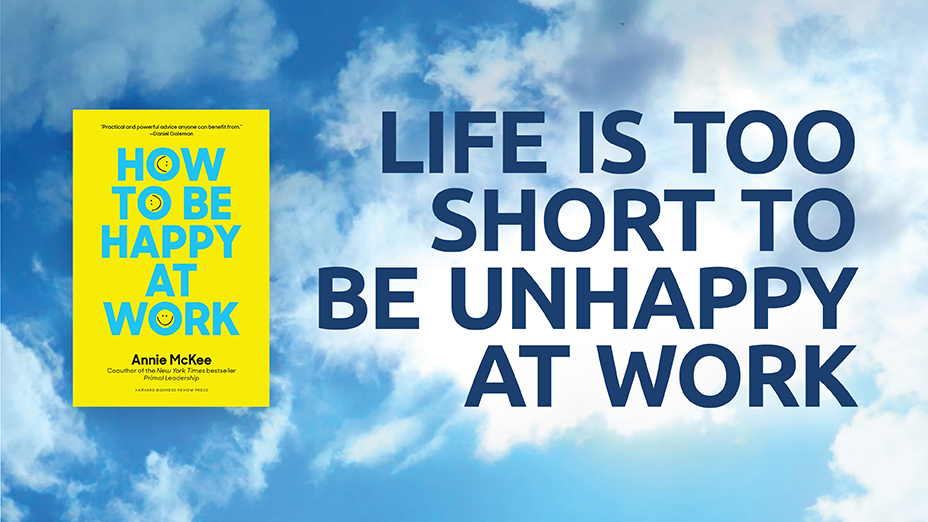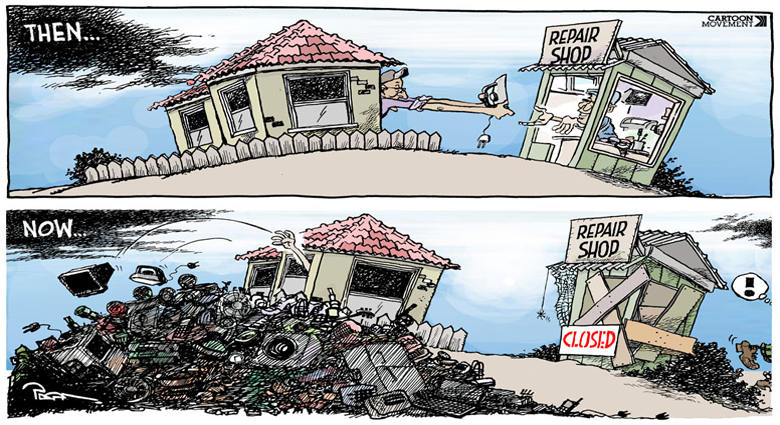In a world of deepening divides and institutional retreat, companies have become the new pillars of stability. Not by ambition, but by necessity. As governments withdraw from social protections, the burden of care has shifted—landing squarely on the shoulders of employers.
This isn’t just a moral question. It’s an economic one.
Today’s workforce sees their employer as more than a paycheck. Nearly 70% say their job impacts their mental health more than their doctor does. Over half would trade compensation for a company that shares their values, and 56% say they wouldn’t even apply to one that doesn’t. This isn’t just a human resources concern— it’s a direct threat to organizational performance.
Companies that understand this shift— and act on it—will build trust, loyalty and long-term resilience. The ones that ignore it will face a talent drain, consumer distrust, legal battles and investor pressure. This isn’t mission drift. It’s survival strategy.
A new corporate embassy model
For much of the last century, the corporate mandate was straightforward: hire people, pay them, and stay out of politics. But that social contract has unraveled.
In today’s fractured landscape, corporations are stepping into roles once reserved for governments—not because they want to, but because someone has to.
As diversity safeguards disappear, companies face a choice: double down on inclusion or quietly back away. As labor protections weaken, it’s businesses that must decide whether to extend benefits, offer legal protections, or ensure safety for their teams. And when global crises erupt—from natural disasters to armed conflict—corporations are often the ones mobilizing aid and securing their people.
No CEO was trained to be a diplomat or disaster responder. But that’s what modern leadership demands—agility under pressure, moral clarity, and the courage to act. Today’s leaders have more than a fiduciary responsibility; they are global citizens with a duty to protect and serve their communities and the common good.
The companies that embrace this shift strategically will build stronger employee trust, brand resilience and long-term stability. Those who hesitate–out of a fear of backlash–risk being caught unprepared for the next crisis.
How businesses should lead through this new reality
The organizations best positioned for this era aren’t scrambling from one crisis to the next—they’re thinking long-term. Rather than reacting in the moment, they’re building durable strategies rooted in clarity, consistency, and care.
Here’s how forward-looking leaders can shift from reactive to resilient:
1. Define the boundaries of corporate advocacy
Staying quiet is no longer seen as neutral. In the face of social upheaval, employees want to see their organizations take principled stands—and when companies hesitate, credibility suffers.
But reacting to every crisis on a case-by- case basis is unsustainable. Companies need a clear, long-term strategy: What issues align with their mission? Where will they take action, and where will they remain neutral? These decisions can’t be made in the heat of controversy; they must be established early, communicated clearly and reinforced consistently. Companies that proactively define their values will not only be able to navigate controversy with confidence — they’ll earn the loyalty of employees and customers alike.
2. Integrate Values into Operations, Not Just PR
Advocacy is no longer a side act—it’s central to business strategy. When companies frame social impact as a marketing play rather than a core operational commitment, it doesn’t take long for the disconnect to surface. In today’s climate, credibility depends on alignment—between what companies say publicly and how they operate internally.
You can’t pledge support for diversity while cutting DEI programs behind closed doors. You can’t promote sustainability and lobby against climate action. The gap between what’s said and what’s done is where trust erodes. Consumers, employees and investors are paying attention, and they are increasingly choosing to work for, buy from and invest in companies that stand by their principles.
3. Protect Your People with Policy, Not Promises
A company’s values aren’t proven by statements—they’re proven by action. As public protections erode, the burden is shifting to employers to protect the rights and well-being of their people. Will they offer legal aid, relocation support or expanded benefits for employees affected by changing policies? Will they proactively shape workplace protections before they’re forced to? And will they prepare for the next wave of disruption—whether from climate migration, AI-driven job displacement or political instability—so they aren’t caught off guard?
These decisions go beyond employee care—they’re essential to long-term business resilience. Companies that invest in protecting their workforce will attract and retain top talent, avoid costly turnover and build long-term trust. Those that don’t will find themselves scrambling to repair damage when it’s already too late.
4. Prepare leadership to navigate disruption
Running a company today means navigating far more than the balance sheet. Leaders must be prepared to navigate political risk, crisis management and stakeholder diplomacy. These aren’t soft skills; they’re foundational for leading in this new era.
Companies that strengthen their corporate affairs functions—investing in geopolitical insight, legal strategy, and public policy—will be better equipped to lead. At the same time, leaders must brace for the emotional and psychological weight of this expanded role. The stakes are high, and the margin for error is narrow. But the organizations that see advocacy as both a moral obligation and a business necessity won’t just weather this era of disruption—they’ll define it.
The future of business depends on leadership integrity
The world has shifted—permanently. And leadership must evolve with it.
Companies can no longer operate under the illusion that shareholder value is their sole obligation. Employees, customers, and investors are paying attention—and they’re demanding action.
The organizations that rise to meet this moment will set the tone for what’s next. They’ll earn trust, foster loyalty, and create the kind of resilience the world is urgently calling for–and that a thriving business and economic landscape requires.
This isn’t a passing phase. It’s the new business mandate. And the leaders who move with clarity and courage won’t just survive the turbulence ahead—they’ll help shape what comes after it.





.png)




What Did You Think?